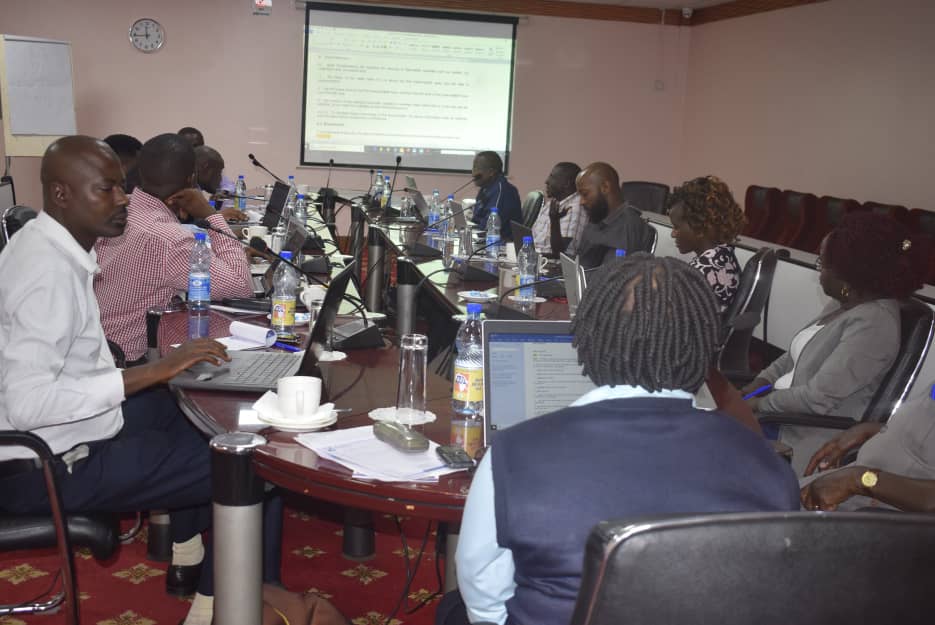KAMPALA- Members of the East African Sub-Committee (EASC/TC 038) constituting delegates from the EAC member states have set tough standards for players in the oil and gas sector that they must be adhered to.

The five-day meeting intended to discuss the technical comments generated in five draft standards of the Petroleum Value chain across EAC Partner states started on Monday, January 27, 2020.
According to the Acting Executive Director Uganda National Bureau of Standards (UNBS), John Baptist Onyango, the competition across the globe in the oil and gas market setting standards is key for competitiveness.
“Standards are supposed to be for enablers, they are supposed to be facilitators of trade therefore we are saying oil and gas is a very important trade so we cannot afford to go into that trade without standards that guide it,” he said.
“It is critical that we have these standards in place, as you are all aware, we are warming up to start exploiting the oil & gas sector in Uganda and the East African region at large.” said David Livingstone Ebiru, the UNBS Deputy ED in charge of Management & Financial services.
Mr Bonifance Onyango a standards officer at Kenya Bureau Standards said without the standards, the oil and gas sector in EAC risks the consequences.
“When we adulterate fuel in one partner state, and then we want to take it to another one, you see the impact as you shall be getting goods that are not fit for use. And they will destroy any machinery that is going to use that fuel,” Onyago said.
By the start of March 2020, East Africa is expected to have harmonized Oil and Gas equipment standards emerging out of a process.
The discussions are aimed at harmonizing the five draft standards of equipment for petroleum, petrochemical and natural gas to come up with final standards that can be understood by all end users in the EAC member states.
Once approved, the developed standards will ensure compliance in the Petroleum value chain thus facilitating trade across the E. African region.
The draft standards include;
DEAS 976: 2019, The petroleum Industry – Storage and distribution of Petroleum products in above-ground bulk installations
DEAS 977: 2019, The petroleum Industry – The installation of underground storage tanks, pumps/dispensers and pipe work at service stations and consumer installations – Code of practice
DEAS 978: 2019, The storage and handling of liquid fuel – Large consumer installations – Code of practice
DEAS 979: 2019, Road tankers for Petroleum-based flammable liquids – Specification
DEAS 980:2019, Petroleum facilities – Retail and consumer outlets – classification
Source: PMLDaily
